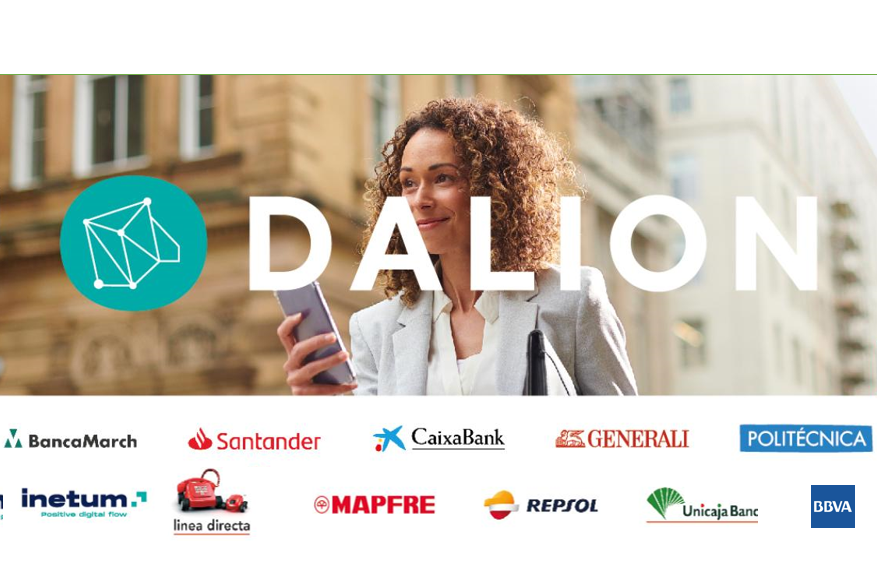
Spanish financial services multinational, Banco Bilbao Vizcaya Argentaria, better known globally as BBVA, announced this week that it has joined the Dalion consortium. The group, which comprises several public sector companies and the Polytechnic University of Madrid, is developing a self-managed digital identity service with the help of public-permissioned multi sector blockchain platform Alastria.
Self-sovereign digital identity is a blockchain-enabled solution to a thoroughly modern problem - that of having to sign up for a seemingly endless stream of online services, and the resulting security risk that comes with it. If it isn’t bad enough having to input the same data time after time (and upload a selfie of you and your passport for more official services), this data is then held on each individual organization’s servers, which recent data leaks have shown are far from secure.
To address the inconvenience of inputting data, an increasing number of websites are offering 1-click ‘Sign in with Google/Facebook/etc’ buttons. The implication being that if Google (or whoever) already trusts you then so do they.
However, although this may save you a few precious minutes filling in forms, it is not as secure as you may think. The website is not simply accepting that you are who Google says you are and letting you use the service. By clicking the button you are agreeing to share all of your profile information with the new organization, whether relevant or not. This will then be stored on another remote server.
Dalion provides users with an application for mobile devices, allowing them to manage their personal identity and data 100% digitally. A user can ask a trusted member organization to certify their personal data. This could be anything from a simple name and postal address to proof of qualifications, driving license or bank details. The certified and signed data is then sent to and stored on the user’s mobile device, to ensure privacy, with proof of origin and authenticity written to the blockchain.
If the user then wants to access a service such as car hire, or credit card sign-up, they can choose which data to share with the new provider, who, thanks to the blockchain, can be confident that the data is accurate without going through a costly verification process.
BBVA joins major players from Spain’s banking and financial services, insurance, and energy industries, who launched the group in 2020. In October last year Dalion became the first project to pass the tests of the Financial Sandbox, an initiative by the Spanish Government’s Ministry of Economic Affairs and Digital Transformation, providing a secure and controlled testing space for technological innovations, under the supervision of Banco de Espana.
It should be noted that Dalion is purely focused on digital identity for the Spanish market, and many other countries are developing their own systems and platforms. This may seem strange in an increasingly connected world, although identity documents do tend to be issued on a national basis, and Dalion plans to maintain alignment with the European Self-Sovereign Identity Framework (ESSIF), which means that it will be interoperable with other initiatives following this standard.
Blockchain-powered identity was among the crypto trend predictions for 2023, and Observers will be comparing a number of self-sovereign digital identity platforms in a future article, looking at the various feature sets, implementations, and global acceptance of each.
